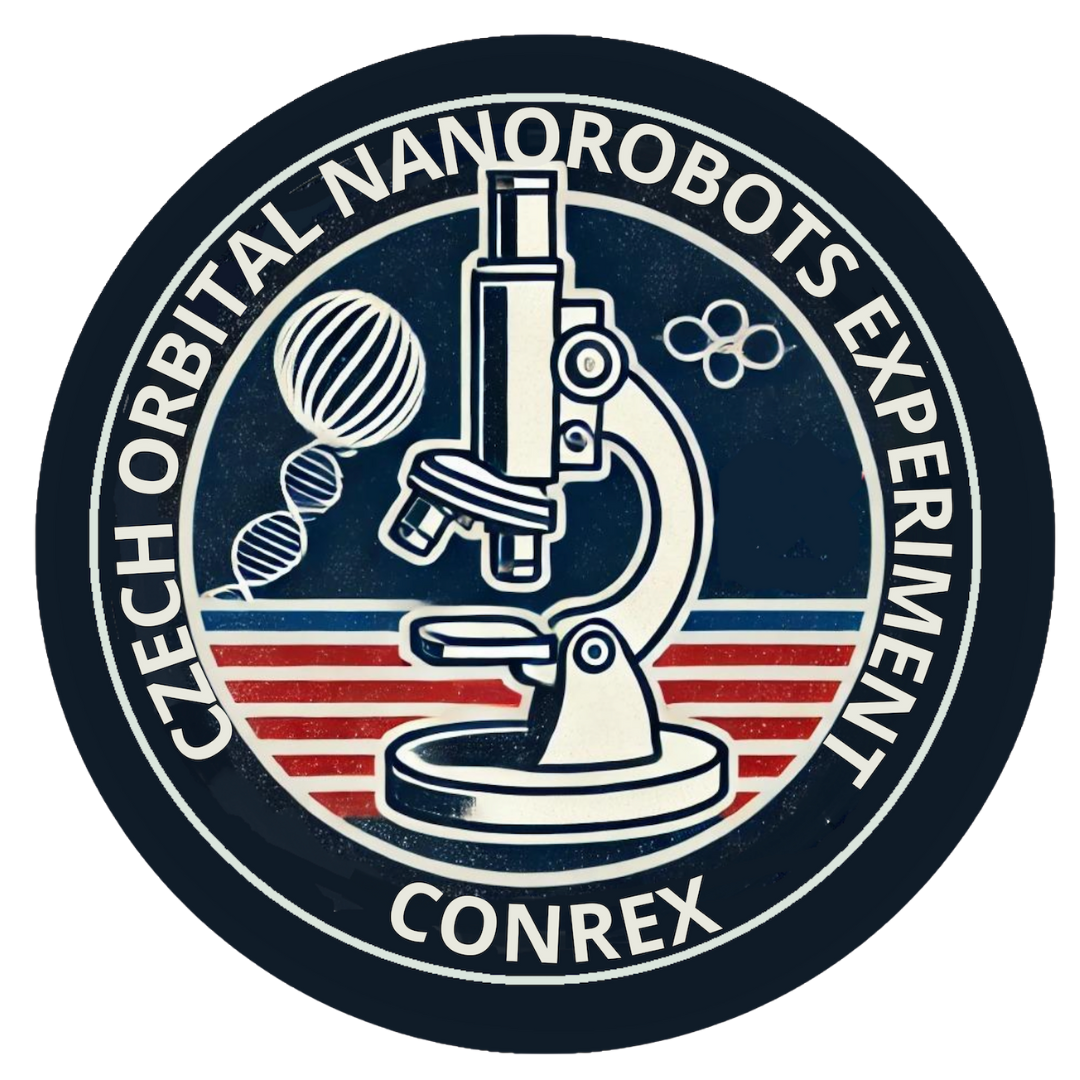News detail
VSB-TUO sends science into space. Projects will head to the International Space Station
There was a great interest in the opportunity to conduct scientific research, test new technologies and carry out educational activities on board the ISS. The projects were first evaluated by experts from the European Space Agency (ESA). Representatives of the Ministry of Transport, in cooperation with other ministries, then selected the best ones. Of the fourteen selected experiments, which will be part of the historic Czech participation on the ISS, two are from VSB - Technical University Ostrava.
"We submitted two projects and both were successful. This is a huge award for us, especially considering the strong competition," said Radek Martinek, Vice Dean for Science and Research at the Faculty of Electrical Engineering and Computer Science, University Coordinator for Space Research and member of the CAERPIN (Czech Aerospace Research Institute) consortium.The experiments are mostly related to basic research, but will subsequently bring benefits for space and ground applications. The first project, the Czech Orbital Nanorobotic Experiment (CONREX), focuses on testing the behaviour of magnetic nanorobots in microgravity environments. "A better understanding of their functioning in this environment can bring advances in areas such as medicine or technology for long-term space missions," explained Martin Pumera, head of the Advanced Nanorobots & Multiscale Robotics Laboratory research group at the Faculty of Electrical Engineering and Computer Science.
The second project focuses on measuring astronaut stress by analysing voice and sensor data. "The unique conditions on the ISS, microgravity, confined environment and psychological stress will allow us to validate our method for measuring stress. The results may be beneficial not only for astronauts, but also for workers in demanding professions here on Earth," Radek Martinek described the project on which the Ostrava scientists are collaborating with experts from Masaryk University in Brno.Some of the experiments will head into orbit before the launch of Ales Svoboda's mission, others will fly directly with him. The Ministry of Transport will now submit a list of approved projects to ESA, which will then conclude contracts with their authors for implementation. "The production of experiments must start as soon as possible so that the first instruments are ready to be carried to the ISS in 2027, which means before the actual mission of Ales Svoboda, which we expect to take place at the turn of 2027 and 2028," said Transport Minister Martin Kupka.
The successful experiments are part of the long-term programme Czech Journey to Space, which aims to open the door to cutting-edge research in space for Czech science and industry. In addition to the technological and economic benefits, the project also wants to highlight the importance of technical and natural sciences and inspire the younger generation to study them.

